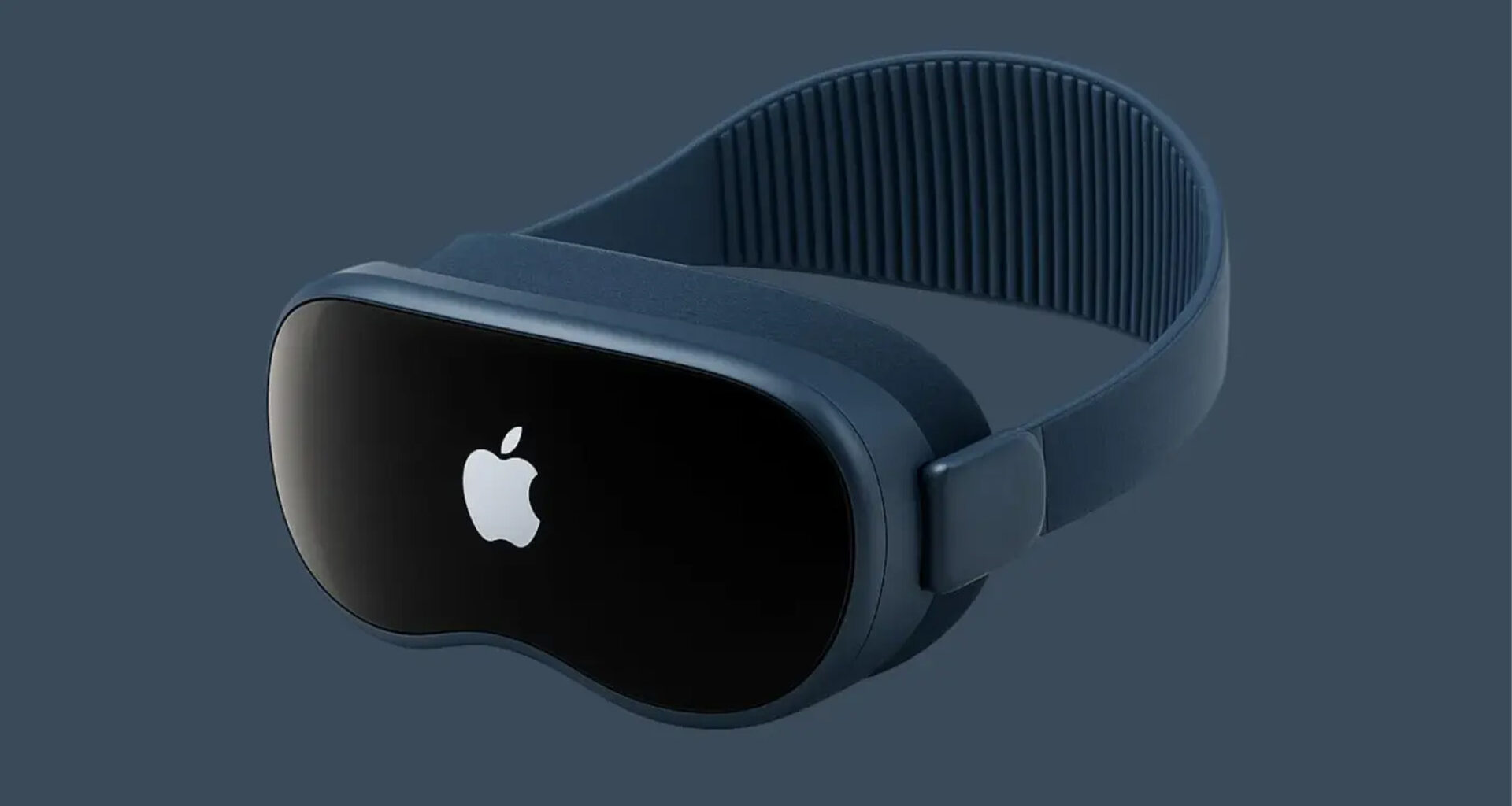0-20%: Unlikely – Lacks credible sources
21-40%: Questionable – Some concerns remain
41-60%: Plausible – Reasonable evidence
61-80%: Probable – Strong evidence
81-100%: Highly Likely – Multiple reliable sources
The new M5 Vision Pro will garner the same subpar reception as its direct predecessor, with one of the factors hindering its growth being its exorbitant price tag. Apple hasn’t backed down from the $3,499 figure that it has stamped on its second-generation premium headset, meaning that the only way one can get an affordable head-mounted wearable is if the company focuses on launching the Vision Air. There was a glimpse of hope in this regard, as the low-cost device was reportedly slated to arrive in 2027. Unfortunately, Samsung has pulled the plug on developing a G-VR display that would be less costly to produce.
The latest report states Apple has taken a back seat with the Vision Air and likely asked Samsung to stop development of the low-cost displays
The Korean giant was said to have partnered with Apple in developing a glass-based micro-display for mixed-reality devices called G-VR. Unlike the more expensive silicon substrate, this technology was based on a micro-OLED on a glass substrate, which would allow for the price reduction of the Apple Vision Air, leading the company to offer an affordable alternative to the masses. Unfortunately, Dealsite reports that the Cupertino giant has ‘scrapped its plans,’ suggesting that it was the one who might have informed Samsung to halt development.
The report does not mention why the Apple Vision Air has seemingly been canceled, but it could be related to the California-based giant accelerating its plans to launch its pair of smart glasses as early as possible. The first iteration is expected to arrive in 2026, but it will lack an AR display, which is said to be found in the follow-up version slated for 2027. Given that these smart spectacles could cater to a larger audience, as they will be lightweight and less cumbersome to use on a daily basis, the resources intended for the Apple Vision Air might be diverted to expedite the launch of the first pair of smart glasses.
Bloomberg’s Mark Gurman has said that the increased weight of the Apple Vision Pro and expensive price tag already make it a tough sell for the masses, and has said that the company is moving at a snail’s pace to incorporate features that would win the crowd over. It is possible that Apple has recognized that AR headsets are too niche a market to produce something premium, whereas smart glasses could present a future where, in the next decade or so, nearly every consumer makes these their daily driver, just as smartphones are being interacted with.
News Source: Dealsite
Follow Wccftech on Google to get more of our news coverage in your feeds.

